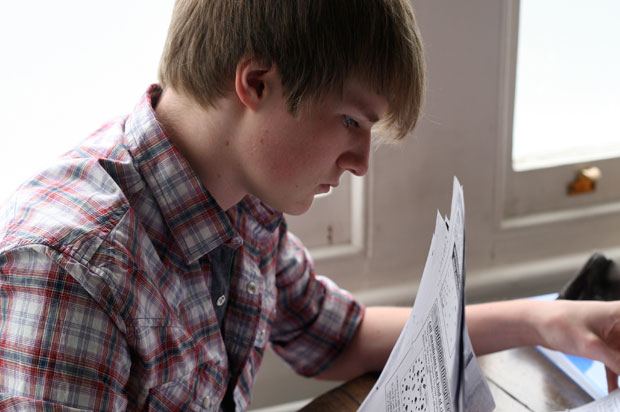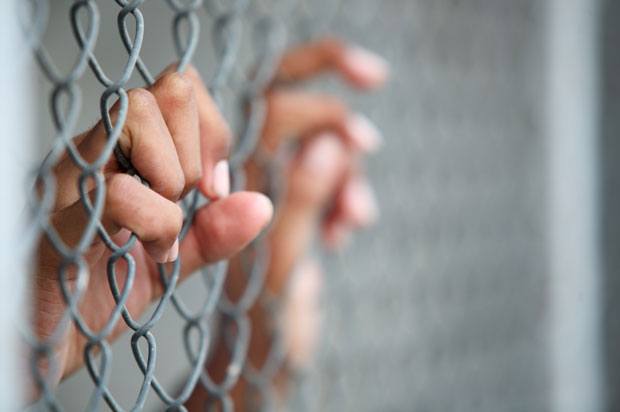Going to court
So, you've been arrested and charged, but what happens when you have to go to court? Read our guide to learn what to expect.

The Crown Prosecution Service (CPS) is the Government Department that advises the police on possible prosecutions for criminal offences. Created by the Prosecution of Offences Act 1985, the CPS reviews cases started by the police to ensure that the right defendants are prosecuted on the right charges and then prepares the cases for court.
How long will this decision take?
If you are charged with a less serious offence, which would normally just be heard in a magistrates’ court, you should know within six months whether you are to be prosecuted.
If charged, you will get a written summons from the court. This will be posted to you or handed to you personally. The summons tells you what offences you have been charged with and gives the day and time that you have to be at court and the address of the court building.
How to check if I have a court summons
Hopefully you won’t miss your court summons, as it should be sent via recorded delivery, or handed it to you in person (in prison, for example). But if you really want to know how to check if you have a court summons, you can find courts or tribunals on the gov.uk website, or call the Courts and Tribunals Service Centre on 0300 303 0656 from Monday to Friday, 8am to 5pm.
Can the CPS drop charges?
Getting your charges dropped completely before trial is unlikely, unless the CPS has a compelling reason to do so, such as if the prosecution is unable to gather enough evidence. An early guilty plea will normally avoid the need for a trial. If you pleaded guilty in the Magistrates’ Court, you should get a reduced sentence and avoid ending up in front of a jury.
What do I do when at court?
It’s best to go to court half an hour before the time you have been given. When you arrive, make sure the usher knows you’re there. Usually they wear a black gown and have a clipboard telling them who they should expect. If you don’t have a solicitor, ask to see the ‘Duty Solicitor’. You may qualify for free legal advice.
If you want to make good impression in court:
- Dress smartly.
- Keep your hands by your side, not in your pockets.
- Don’t chew gum.
- When you are speaking to the Magistrates, address them as ‘Sir’ or ‘Madam’.
Also remember to:
- Ask if you don’t understand, it can be explained to you.
- Request an interpreter if you feel that yourself or your parent/guardian does not speak or understand English well enough.
- If you need more time to talk to your solicitor, ask to have the case put off for a while.
Am I entitled to Legal Aid?
Legal Aid refers to help with the cost of legal advice and representation in court. You could represent yourself in court, but we don’t recommend it. As soon as you receive a summons you should try to sort out legal aid, as it will usually meet the cost of your first interview with a solicitor if nothing else. If you have a job, you may have to make a contribution towards the cost.
Want to learn more about legal aid? See our article ‘What is legal aid?’.
Which type of court will I go to?
Youth court
- Age: 17 and under. If you are under 16, a parent, guardian or social worker must attend the court. In the case of 16 or 17 year olds, parents/guardians may be ordered to attend.
- Format: Part of the magistrates court, it is made up of at least two magistrates (sometimes known as a Justice of the Peace or JP) trained in youth justice issues. At least one of the magistrates should be a man, and one a woman.
- Press: Members of the public are not allowed to enter a youth court while the case is in progress. Newspapers can not reveal the name or identity of the accused.
Magistrates’ court
- Age: Adult
- Format: Three magistrates sit in the court. They will reach a verdict themselves on all cases involving less serious offences, while they will send more serious cases to the Crown court for trial-by-jury.
- Types of case heard: criminal cases, family law, licensing law and other less common cases.
Crown Court
- Age: Adults, although youth cases may be seen here for very serious charges, or where more than one are accused and some of these are adults.
- Format: Jury decides guilt and a judge decides your sentence.
What about the case against me?
Part 8 of the Criminal Procedure Rules 2015 says the prosecutor must serve initial details of the prosecution case to both the defendant and the court as soon as practicable, i.e. no later than the beginning of the day of the first hearing.
Find out more about what happens when you’re in legal trouble in our other articles here.
Next Steps
- Chat about this subject on our Discussion Boards.
By Ally Thomas
Updated on 15-Mar-2023
No featured article










